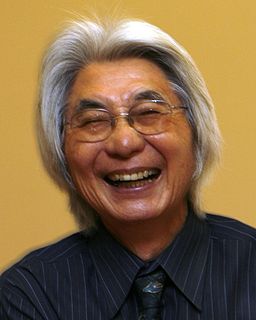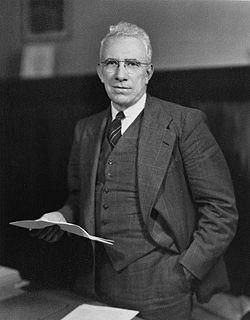A Quote by Arthur Quinn
The omission of an expected conjunction is called an asyndeton. Caesar is supposed to have said about Gaul: I came, I saw, I conquered. Lincoln concluded the Gettysburg Address, That government of the people, by the people, for the people, shall not perish from the earth.Caesar seems to have omitted his conjunction to speed things up; he is emphasizing how quickly the conquest of a place follows from its being sighted by a great and ambitious general. Lincoln's omission is more subtle
Quote Topics
Related Quotes
When I went to an Aspen seminar on "American Scriptures" - the bicentennial of the Declaration and they discussed the preamble and the Gettysburg Address and much more, but not Lincoln's Second Inauguration, I challenged that omission and they said find something on it and to my astonishment, at that time, there was no book or long article that really did it. So I wrote one that attempted to do it justice. Although obscurely published, that essay got a nice bounce. Somehow David Donald saw it, and in his notes to his biography singled it out.


































